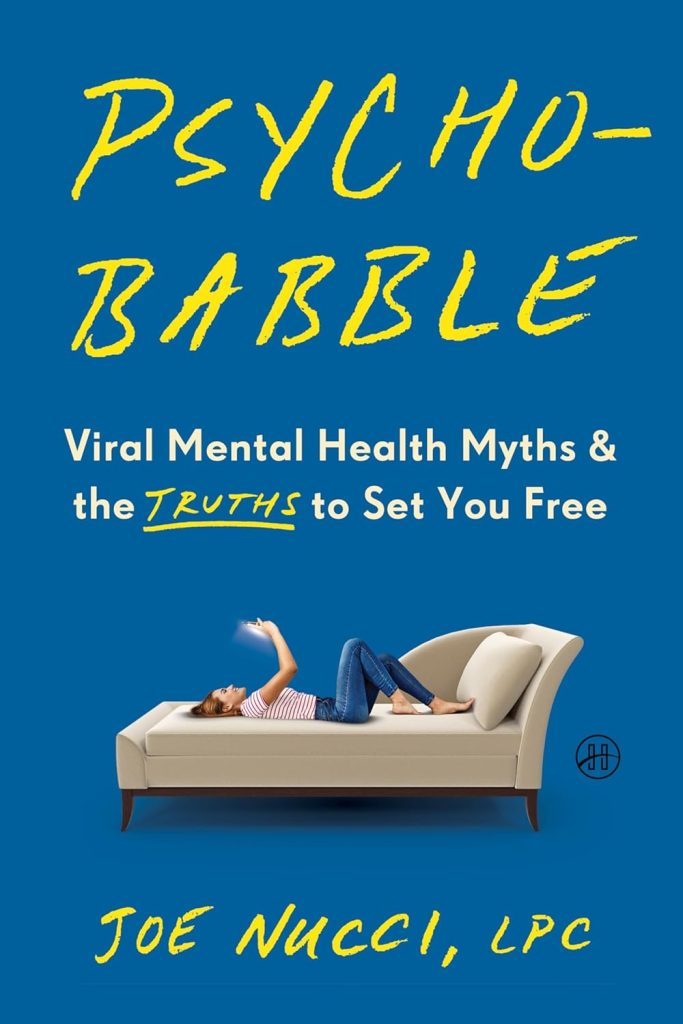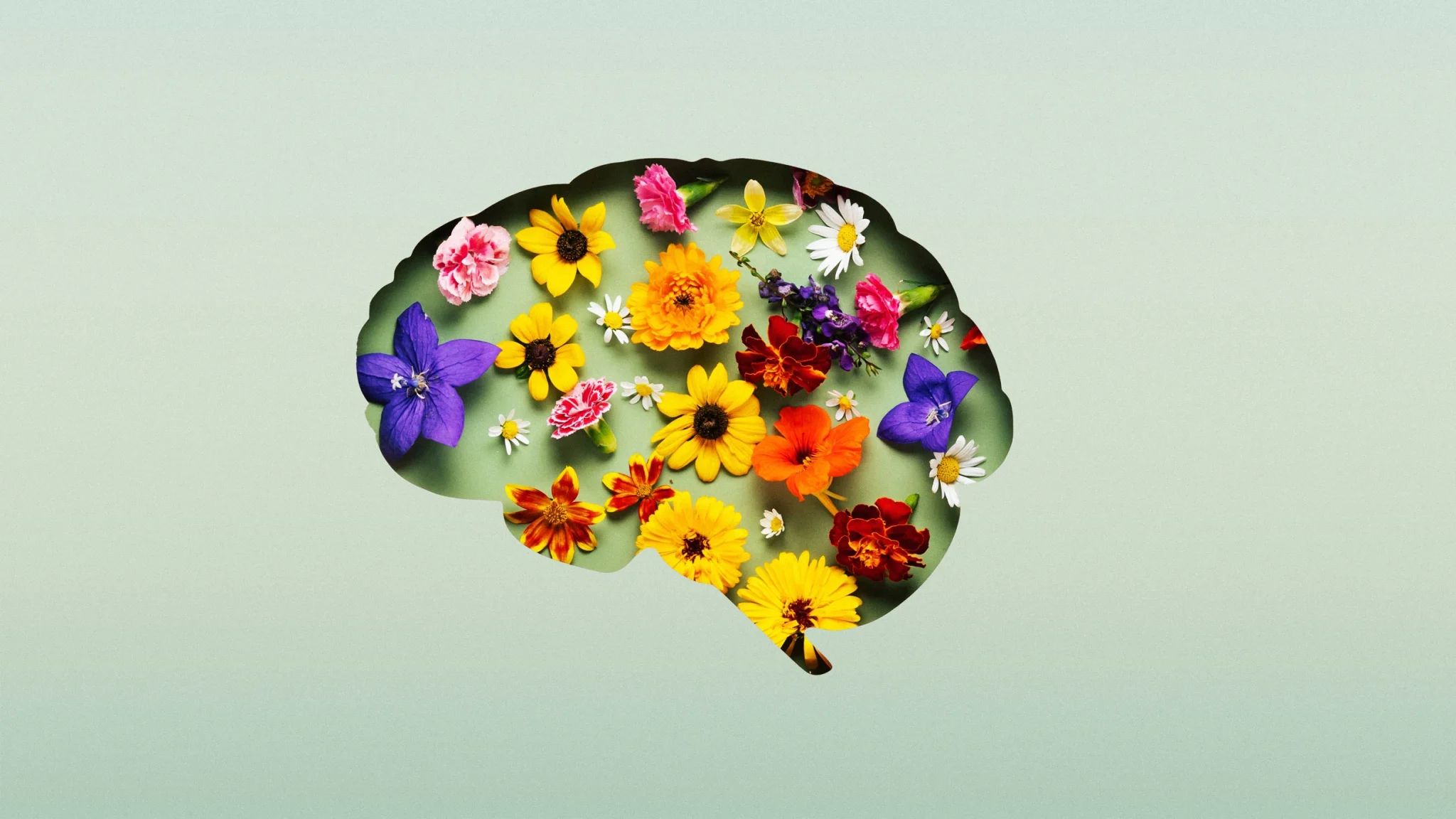
In his latest book, Psychobabble: Viral Mental Health Myths & the Truths to Set You Free, licensed psychotherapist Joe Nucci sheds light on persistent misconceptions surrounding mental health. Nucci, who has garnered a substantial following with over 10 million views on his videos at @joenuccitherapy, seeks to debunk myths that may hinder individuals from obtaining the help they need.
The core message of Psychobabble is to replace common mental health fallacies with insights that empower readers. Nucci emphasizes that while therapy has gained acceptance, certain cultural assumptions can obstruct genuine healing and personal growth.
1. Psychotherapy focuses on mental illness, not everyday life challenges.
Nucci asserts that therapy is effective but limited. As mental health discussions have become more mainstream, there has been a tendency to view therapy as a universal solution not only for mental illnesses like depression and addiction but also for general life challenges. People often believe therapy can help them become the ideal partner or parent.
However, Nucci points out that therapy cannot eliminate all life’s struggles. Misleadingly marketed as a panacea, therapy also has its place for those wanting to tackle subclinical issues—such as relationship troubles or life transitions. Understanding the distinction between needing therapy and merely benefiting from it can significantly enhance how individuals approach their mental health journey.
2. Mental health should be viewed through the lens of agency, not identity.
The rise of therapy culture has led many to adopt mental health conditions as part of their identity, akin to a badge of honor. Nucci illustrates this through a patient’s experience: highly articulate about her psychological history, she was nonetheless stagnant in her healing journey.
The goal should not be self-identification but rather active transformation—addressing attachment styles or optimizing neurodiversity. As Nucci puts it, “Diagnosis is a doorway, not a destination.” Holding onto a diagnosis without fostering personal growth ultimately stifles one’s ability to move forward in life.
3. Therapists bring their values into the therapeutic space.
While therapists are trained to be nonjudgmental, Nucci warns that this does not equate to being devoid of values. Every therapist operates through their worldview shaped by personal experiences and beliefs. A competent therapist should acknowledge this perspective while remaining open to the client’s differing views. The risk lies in some therapists allowing their worldviews to influence their patients’ healing processes inappropriately.
Nucci cautions against therapists who may prioritize their agendas—be it political or philosophical—over their client’s unique circumstances. A truly skilled therapist balances self-awareness and respects their client’s individual journey.
4. Not all hardships are traumatic.
Nucci stresses the importance of discerning between genuine trauma and everyday struggles. Trauma is not a universal response; two people can experience the same distressing event yet react differently. The concept of trauma response, he explains, relates to one’s current relationship to past events.
By categorizing all adversities as trauma, we risk oversimplifying complex emotional experiences. Nucci contends that terms like ‘disappointment’ or ‘heartbreak’ are not necessarily indicative of trauma, and conflating them could impede our resilience. This narrative can ultimately serve therapists seeking patients, but it may not empower individuals to confront their challenges independently.
5. The language of therapy can heal or harm.
Nucci notes that naming experiences can bring about healing. Many people find relief in articulating their pain, having a concrete expression of what they’ve endured. Yet, he cautions that language can also serve as a shield, concealing deeper issues behind psychological jargon. For instance, terms like “gaslighting” can be misused to describe mere disagreements, while statements about needing to “draw a boundary” may mask avoidance of difficult conversations.
Therapeutic language should facilitate connection, not disconnection. Nucci compares mastering therapeutic concepts to learning a new language: early on, it’s essential to grasp the grammar and meaning, but over time, it’s more about how these concepts enhance communication and understanding.
By challenging these five myths, Nucci aims to provide tools for a more informed and empowered approach to mental health. His insights encourage individuals to navigate the complexities of therapy and healing with clarity and confidence.






